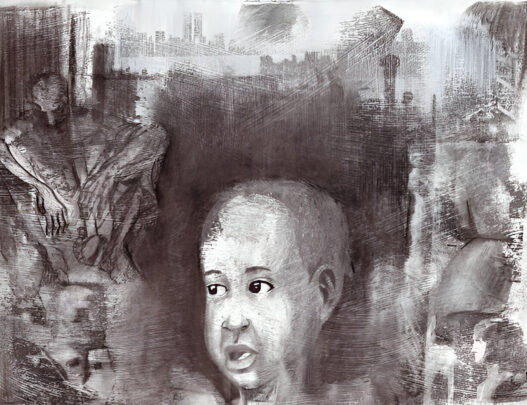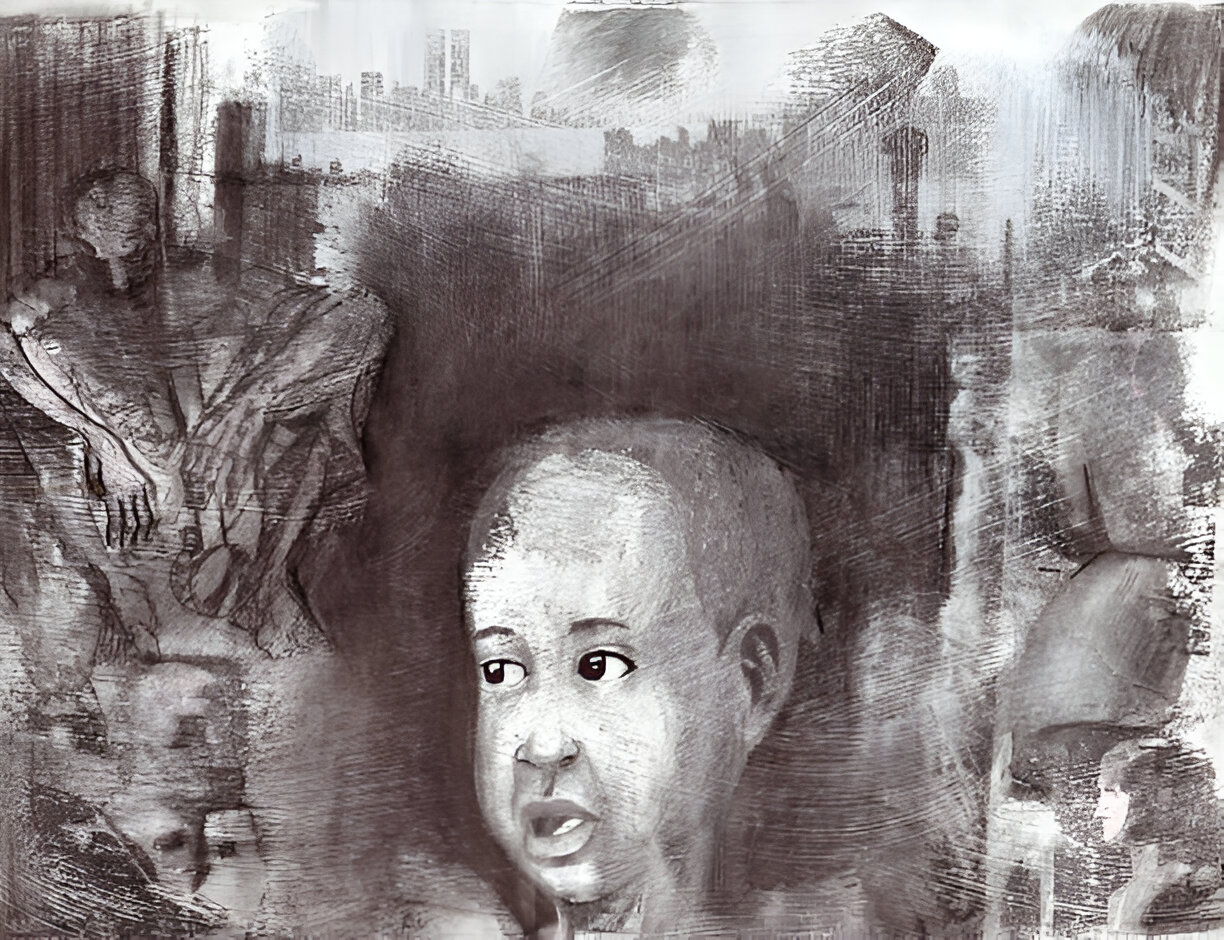The Indian Constitution, in its commitment to social justice and human dignity, provides a fundamental Right against Exploitation, enshrined in Articles 23 and 24. These articles aim to protect vulnerable populations from various forms of exploitation, ensuring a society where human beings are not treated as mere commodities.
Article 23: Prohibition of Traffic in Human Beings and Forced Labour
Article 23 is a powerful provision that prohibits two significant forms of exploitation:
-
Traffic in Human Beings: This clause prohibits the buying and selling of human beings, similar to the trade of goods. It includes the practice of trafficking women and children for immoral purposes. This provision is aimed at preventing the commodification of human beings and upholding their dignity.
-
Forced Labour: This clause prohibits any form of forced labor or begar, where individuals are compelled to work against their will without proper compensation. This includes any form of labor where a person is forced to work under threat or compulsion.
-
Exceptions: The State can impose compulsory service for public purposes. However, in imposing such service, the State shall not make any discrimination on the basis of religion, race, caste or class.
Article 24: Prohibition of Employment of Children in Factories, etc.
Article 24 focuses on the protection of children from exploitation. It states, “No child below the age of fourteen years shall be employed to work in any factory or mine or engaged in any other hazardous employment.”
-
Child Labor Prohibition: This article prohibits the employment of children below the age of 14 in factories, mines, and other hazardous occupations. This provision recognizes the vulnerability of children and the need to protect them from exploitative labor practices.
-
Hazardous Employment: The prohibition extends to any hazardous employment, recognizing that certain types of work can be detrimental to a child’s health and well-being. This includes any work that is dangerous or harmful to children.
-
Focus on Education: The article indirectly promotes the importance of education for children by preventing them from being engaged in labor that would hinder their access to schooling.
Interrelation of Articles 23 and 24
Articles 23 and 24 work together to protect vulnerable populations from exploitation. Article 23 addresses the broader issues of human trafficking and forced labor, while Article 24 specifically targets child labor in hazardous industries. Together, these provisions aim to create a society where individuals are not subjected to forced labor or exploitation, and where children are protected from harmful work environments.
Implementation and Enforcement
To give effect to these constitutional provisions, the Indian government has enacted various laws and policies, including:
-
The Bonded Labour System (Abolition) Act, 1976: This act aims to abolish the bonded labor system, which is a form of forced labor.
-
The Child Labour (Prohibition and Regulation) Act, 1986: This act prohibits and regulates child labor in various industries.
-
The Immoral Traffic (Prevention) Act, 1956: This act aims to prevent trafficking in human beings for immoral purposes.
These laws and policies, along with the constitutional provisions, provide a comprehensive framework for combating exploitation in India.
Conclusion
Articles 23 and 24 of the Indian Constitution are crucial in the fight against exploitation. They prohibit human trafficking, forced labor, and child labor in hazardous industries. These provisions reflect the commitment of the Indian state to uphold human dignity and social justice. By protecting vulnerable populations from exploitation, these articles contribute to the creation of a more equitable and humane society.




